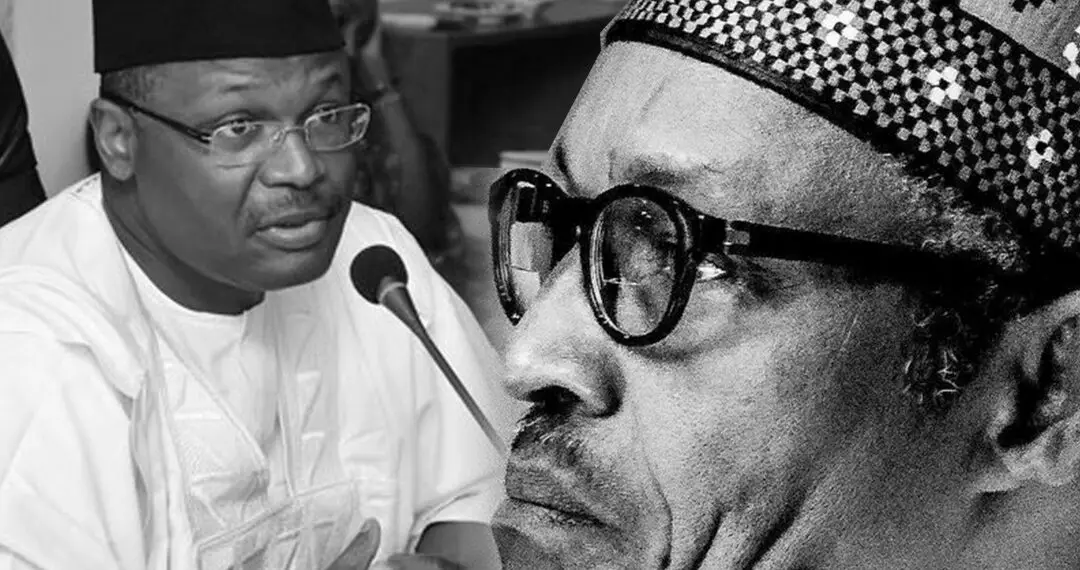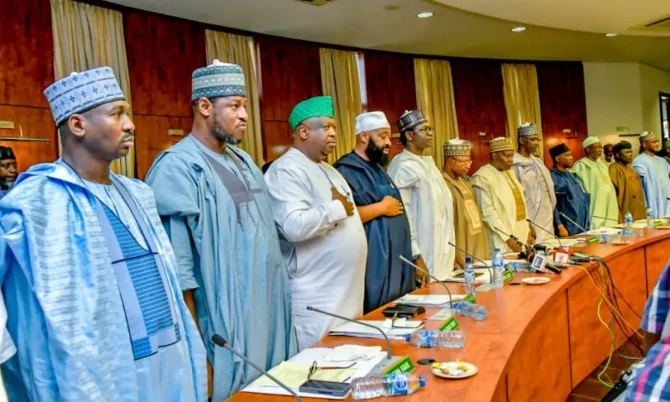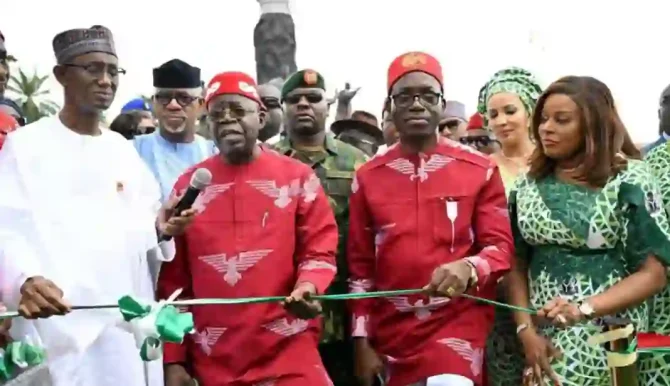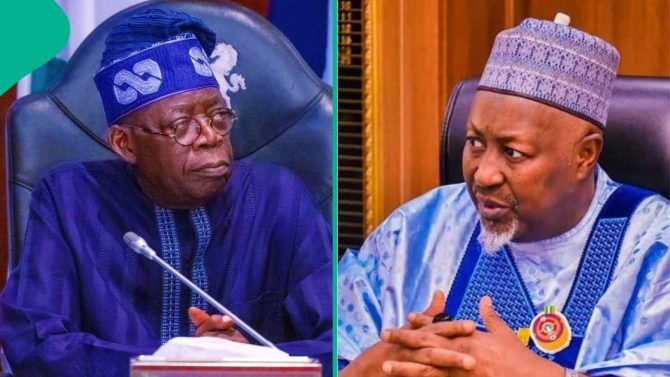2023 Election: Buhari’s Selection Of Mahmood Yakubu, Others Made INEC Vulnerable To Partiality – EU Observers Say In Final Report

2023 Election: Buhari’s Selection Of Mahmood Yakubu, Others Made INEC Vulnerable To Partiality – EU Observers Say In Final Report







